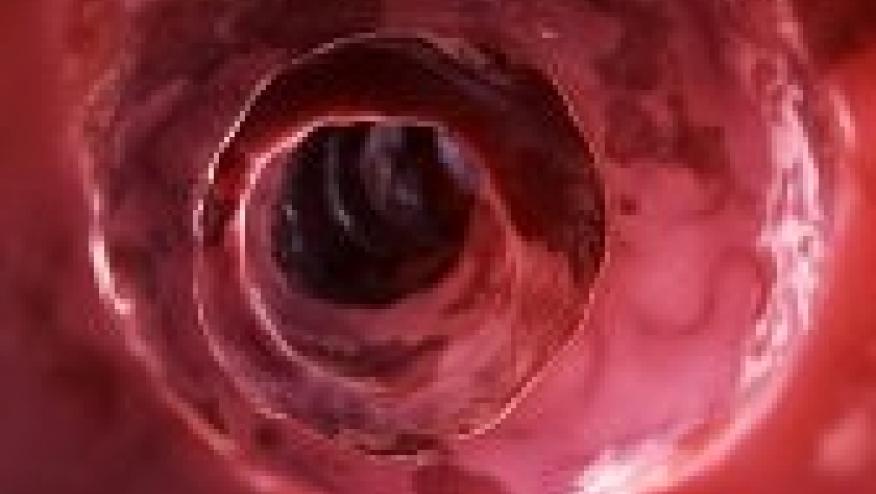TNF Inhibitor Induced IgA Vasculitis in IBD Save

A new descriptive series shows an uncommon association between IgA vasculitis (IgAV) and inflammatory bowel diseases (IBD), with most cases interestingly arising after or during anti-TNF-α therapy.
A retrospectively analysis of the GETAID and FVSG networks identified, 43 patients with both IgAV and IBD, in 38 (88%) the IBD (mainly Crohn’s disease (CD) preceded IgAV by a median interval of 9.2 years.
In these 38 patients, at IgAV diagnosis, 13% had active IBD and 74% were treated with a TNF inhibitor (TNFi) for a median of 31.5 months.
Primary manifestations of IgAV were purpura (100%), arthralgias (57%), renal disease (43%) and gastrointestinal (31%) involvement.
Treatment of IgAV included glucocorticoids (66%), colchicine (16%), cyclophosphamide (16%), and, in half (54%), the TNFi was discontinued.
If TNFi were discontinued, there were no IgAV relapses (compared to 23% who relapsed staying on TNFi).
In the 15 patients who discontinued TNFi, 5 (33%) had IBD flare. When the TNFi was resumed in 6 patients, 4 patients had a subsequent IgAV relapse in 4 (67%).
This cohort study suggests a role for TNFi in promoting the onset of IgAV in IBD. TNFi discontinuation lead to greater odds of vasculitis remission, and but with a risk for IBD relapses.










If you are a health practitioner, you may Login/Register to comment.
Due to the nature of these comment forums, only health practitioners are allowed to comment at this time.